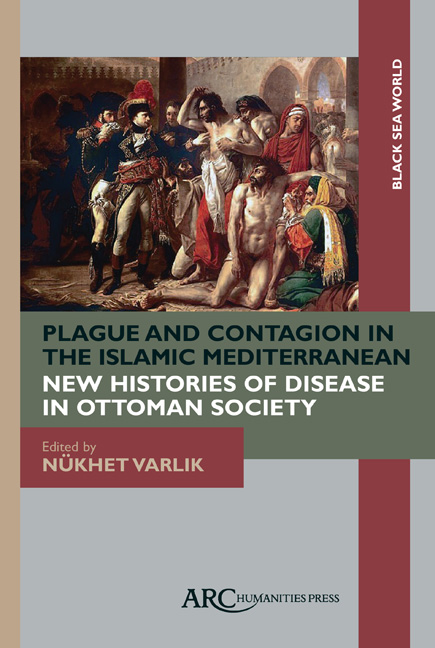Veterinary Medicine in Nineteenth-Century Egypt
Published online by Cambridge University Press: 25 January 2021
Summary
THEHUMAN-ANIMAL RELATIONSHIP is an essential aspect of understanding the past and present of all societies. This chapter offers an account and analysis of one small slice of this relationship—a history of veterinary medicine in nineteenth-century Egypt. The human application of medical knowledge and technology to the lives of other animals has been a constant in the history of interspecies relations in Egypt. Indeed, some of the earliest sources from Egypt evince the beginnings of this long history of veterinary knowledge. The story of veterinary medicine in Egypt is obviously therefore an enormous and complicated one with many twists and turns. In focusing on just one recent piece of this history, I will show that the nineteenth century was a period of marked change in the kinds and techniques of veterinary medicine used in Egypt. There were two reasons for this change in the nineteenth century.
First, veterinary knowledge was centralized in an institution—the Egyptian School of Veterinary Medicine. The school sought to regulate, regularize, and monopolize how veterinary medicine was used in Egypt. Instead of the animal body being approached through experience, localized knowledge, and home remedies as had previously been the case, in the nineteenth century animals came to be seen as disease carriers that had to be understood primarily through epidemiology and zoology, knowledge held, deployed, and controlled by the school of veterinary medicine. Second, as never before in Egypt, the history of animal diseases in the nineteenth century was a global one. That is, to understand why and how Egypt's animals became sick, we must understand Egypt's place in a global economy and network of connections. The influence of these global ties on Egypt's animals is an essential aspect of its nineteenth-century history, one indeed unprecedented in the millennia of human-animal interactions in Egypt.
The Egyptian School of Veterinary Medicine
The school of veterinary medicine was founded in 1827 to address one of the oldest issues affecting the human-animal relationship—disease—through several new techniques. The first was the employment of French expertise to help with the founding and operation of the new animal institution—an outgrowth of both the French expedition to Egypt between 1798 and 1801 and the many educational delegations that took Egyptian students to France in the nineteenth century.
- Type
- Chapter
- Information
- Plague and Contagion in the Islamic Mediterranean , pp. 117 - 134Publisher: Amsterdam University PressPrint publication year: 2017



